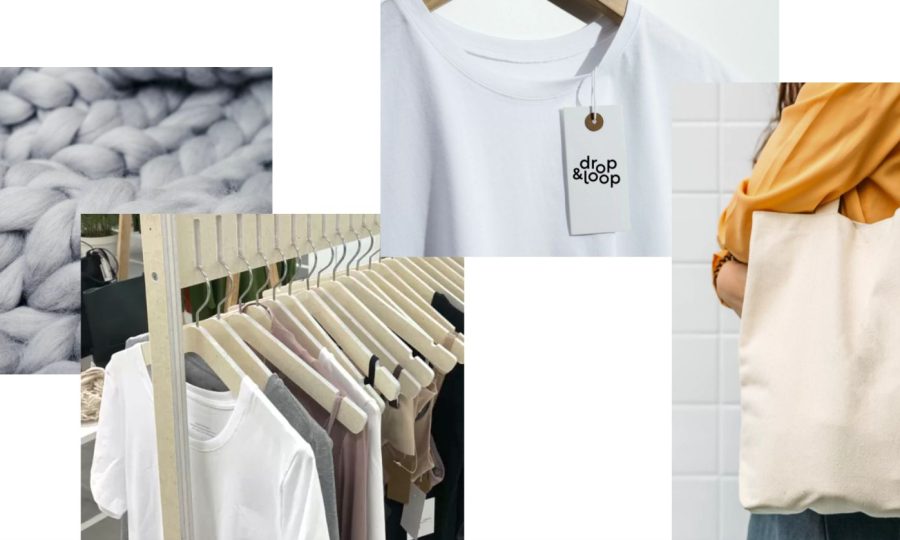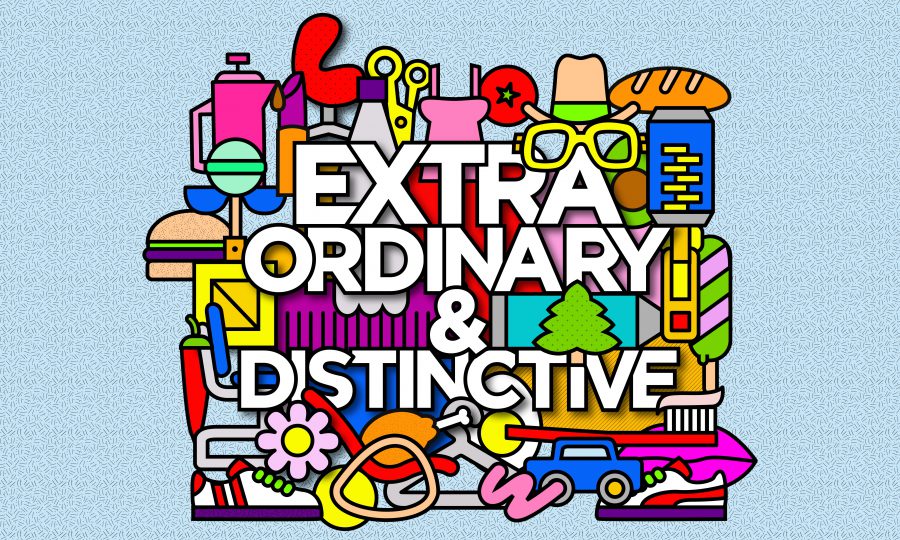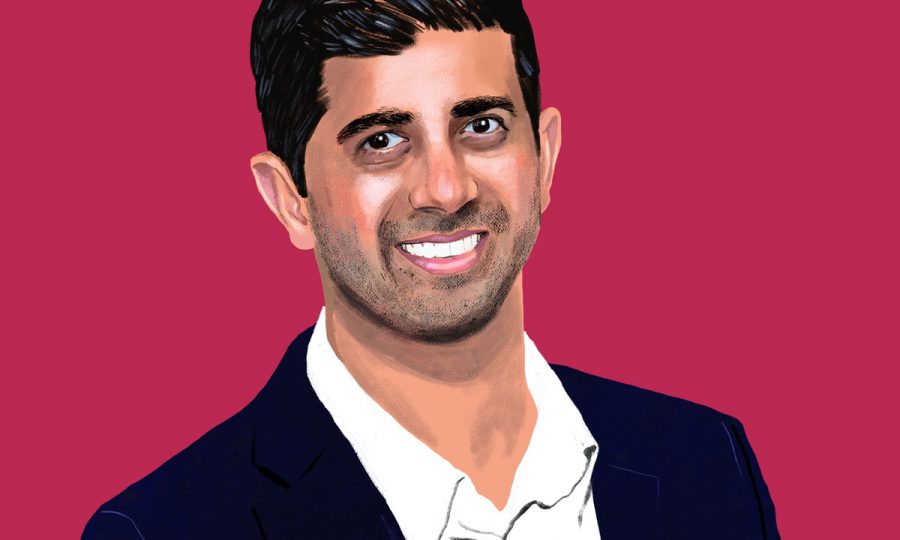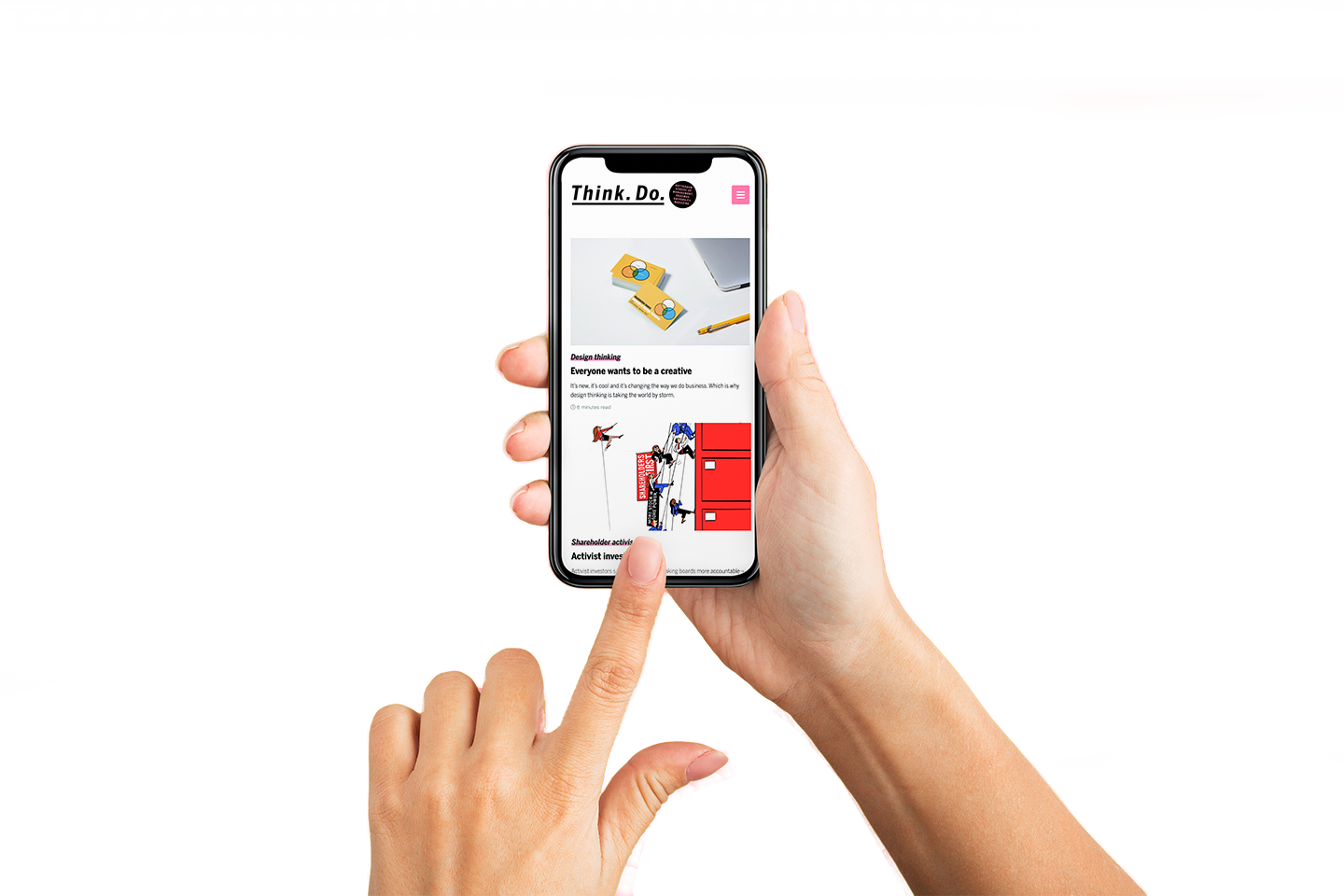Waste not, want not
Emilie Schei (Pre-master Cultural Economics and Entrepreneurship student) presents Reshirt Rotterdam, a social startup upcycling fabrics.
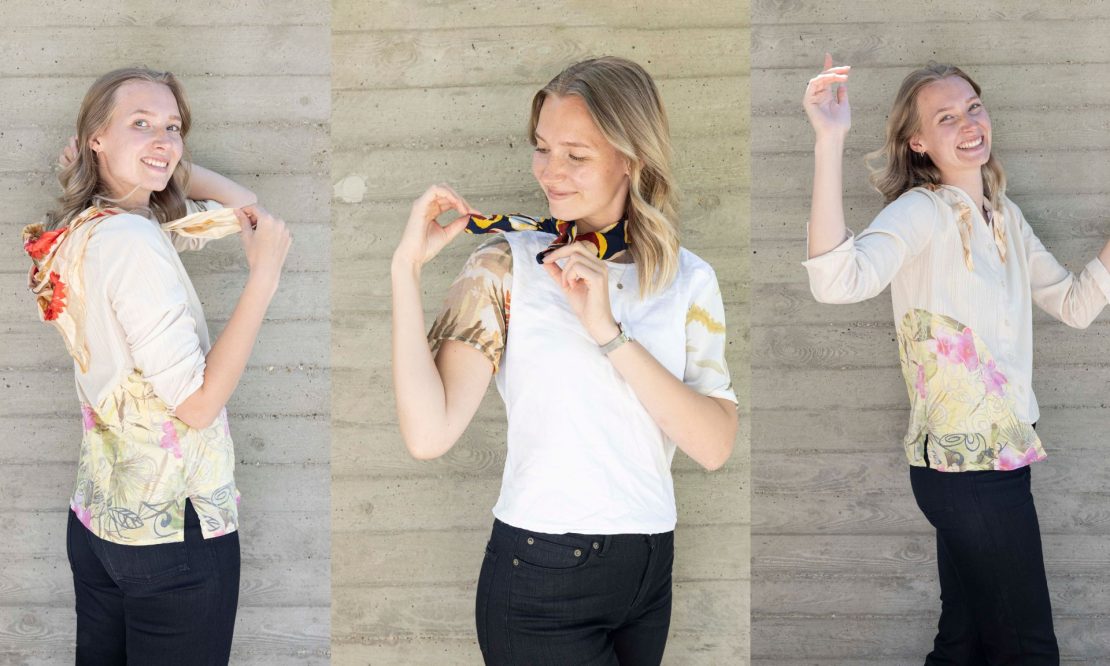
Team leader
Emilie Schei (Pre-master Cultural Economics and Entrepreneurship at Erasmus School of History Culture and Communication).
Venture
Reshirt Rotterdam (reshirtrotterdam.com), an upcycling social startup.
The opportunity
Fabric waste is a huge problem. Around 2.2 million tonnes of clothes are discarded each year in the EU and only one per cent of second-hand textiles are recycled into new clothes. Most of it ends up in a landfill site or burned. To make even a small contribution to solving that problem was something we felt was important and, from a business perspective, there’s a growing demand for sustainable fashion options. A lot of sustainable brands have a very high price point. Our goal is to compete on a price level with fast fashion brands and be more accessible to customers.
The big idea
One of the reasons for fabric waste is that a lot of textiles are a complicated blend of different materials, so cannot be recycled in the normal way. Our solution solves that problem: we upcycle old pieces of fabric, mostly donated to us from secondhand shops, turning them into new accessories and pieces of clothing.
The product
We ensure that there is a market for our products by working with design templates and colours, but our seamstresses bring their creative flair to the materials, using them as they see fit and developing new products. The process of picking out the fabrics, giving them to the seamstresses and then getting back totally new, one-of-a-kind products is really rewarding. So far, it’s mostly been small accessories like earrings, scrunchies and scarves, but we’ve just launched a new range of shirts. Our plan is to start making bigger garments. We mainly sell via our website and Instagram page, but we’ve also partnered with a few secondhand shops – and the RSM shop.
Funding
Last year, we received a grant from the RSM Hummingbird Fund that helped us get off the ground, but apart from that, we’re funded by revenue from sales. We also get (non-financial) support and guidance from Enactus, a network of global business, academic and student leaders.
The future
We’re hoping to develop new product ideas, streamline our process and start to produce at a larger scale – because that’s the only way that we can really start to compete with other more established fast fashion brands. In the long term, we want to create jobs, push other companies to be more sustainable and put more focus on the issue of fabric waste in Rotterdam and beyond.
